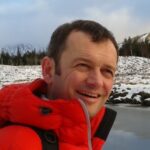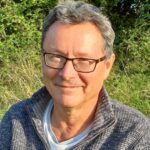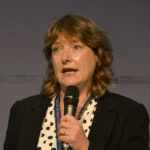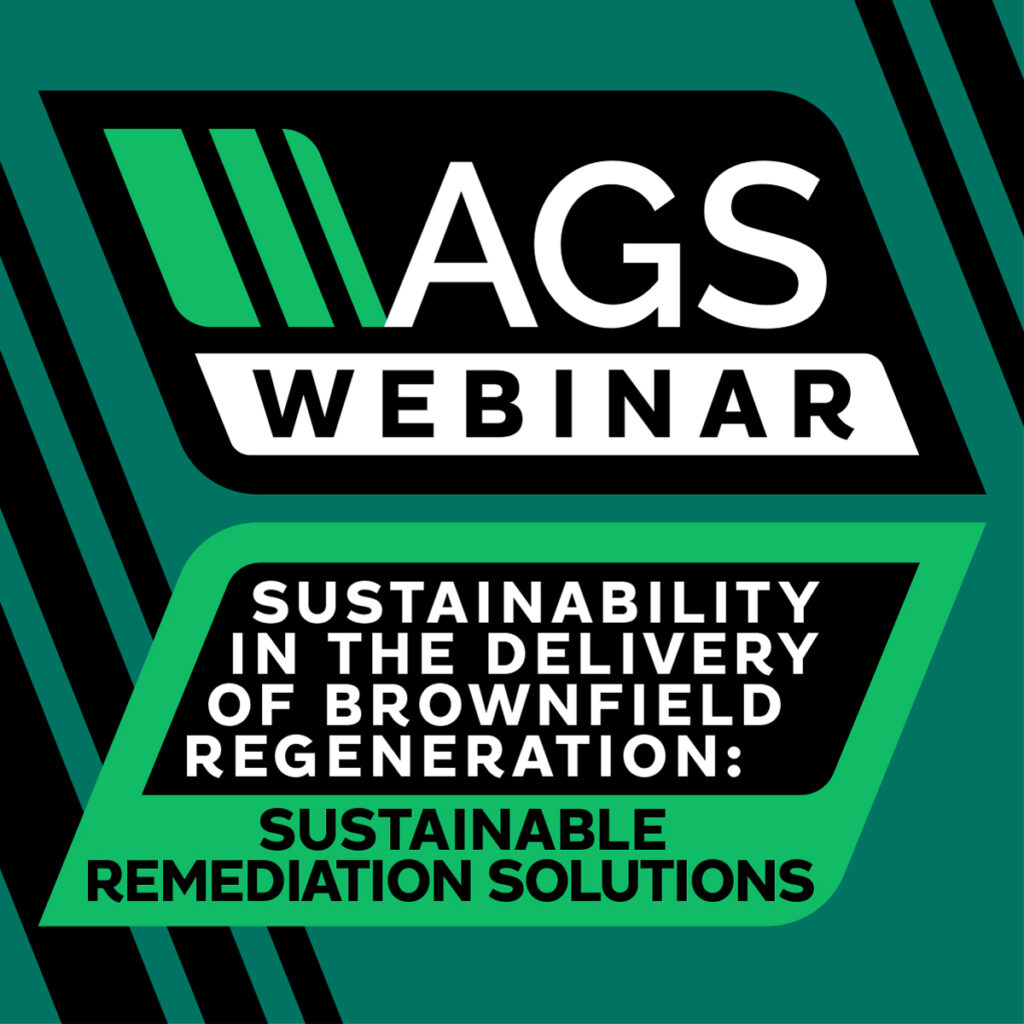The successful delivery of societal resilience to changing climate depends on increased adaptation and acceptance by both society and industry of the need to rapidly embrace change. Such is anticipated to drive both innovation and opportunity throughout all sectors. Our sector is no different.
Sustainability in the Delivery of Brownfield Regeneration is a two-part, CPD webinar series where we share some of the more recent policy changes that increasingly influence how we deliver sustainable brownfield development in the UK. This includes the provision of policy updates, their associated opportunity and legal perspective on responsibilities and risk. On a more practical basis we also presented awareness of the tools available to assist decision making to sustainable remediation options and waste classification.
Sustainability in the Delivery of Brownfield Regeneration: Sustainable Remediation Solutions, is the first webinar in this series. In this first session we introduce the Environment Act and the now mandatory 10% biodiversity net gain (BNG) target for developments in England. We discuss how it may profoundly alter the economics of site remediation, how developers may leverage opportunities to achieve BNG through development and how to maximise natural capital benefits in remediation. We then take a tour of some of the tools currently available in the UK to support the decision-making journey and the identification of sustainable remediation solutions.
This webinar is two hours in length and features three influential and leading UK speakers, each with an aim to share and increase awareness, direct listeners to available resource and provide an opportunity for open discussion. The presentations are followed by a Q&A.
The narrative and detail presented is of particular interest to developers, consultants and contractors alike.
Presentations
The Environment Act – Targets, Consultations and Guidance
Jill Crawford, Senior Associate Solicitor in the Planning and Environment Team at Irwin Mitchell
This seminar will provide you with a guide of the Environment Act 2021 and how it will affect the development sector. We will discuss the targets to be released, the recent consultations and the setup of the Office of Environmental Protection and how all of this fits in with the levelling up strategy.
BNG and ENG for Remediation Sites
Jon Davies, Director at RSK Biocensus / RSK Wilding
The remediation of contaminated sites, and the productive reuse of marginal, derelict and vacant land, is often focused solely on built development or a return to agriculture. This is the result of the traditional approaches to valuing land which prioritises built / manufactured capital over natural or social capital. The Global Post-2020 Biodiversity Framework, to be signed by political leaders around the world at COP15 in Kunming, China this year heralds a new approach to dealing with natural resources and sets out a vision for a world living in harmony with nature. As governments around the world seek to make the targets emerging from COP15, and COP26, into a strong, measured and prioritised set of actions, it is clear that we all need to change the way we act, think and measure success. Part of this is the recognition of land as a limited resource and ensuring that our demands on land and the natural environment are sustainable. In this context, we need to be able to understand the best end use of remediated sites, which may not always be built development. In this presentation, Jon will explore Biodiversity Net Gain and Environmental Net Gain and specifically the tools and techniques available for identifying, mapping, quantifying and monetising biodiversity and other natural capital which can help to shape the right outcomes for remediation projects. Green end uses of land, which deliver ecosystem service benefits can be a financially viable alternative, particularly in the light of developing markets for carbon and biodiversity offsets.
What Tools are Now Available When Considering Sustainability?
Nicola Harries, Technical Director at CL:AIRE
The presentation will introduce the concept of Sustainable Management Practices, showing how companies can start to improve sustainable thinking, decision-making and action across all land contamination activities. In addition you will be provided a whistle stop tour of some of the different tools that are now available if you want to carry out a simple sustainability assessment.
Speakers

Technical Director, Environment at WSP
Alex is the AGS Contaminated Land Working Group Leader, current Chair of the UK National Brownfield Land Forum and a resident upon the National Land Quality Mark Steering Group. He is a SoBRA Accredited Risk Assessor and accredited under the discipline headers: human health, permanent gasses, vapours and controlled waters.
A chartership scrutineer for SoBRA and the British Geological Society including for Chartered Scientist and Chartered Geologist, he also has responsibility for quality and technical improvement across all WSP UK ground and water teams with over 27 years’ experience.
Alex is a regular expert witness and typically oversees WSP more complex projects. He remains a regular chair and presenter at both domestic and international conference and contributor and author to UK industry guidance. He is currently working with the Environment Agency on Informing regulatory considerations of climate change impacts and adaptation for waste deposit, landfill and land contamination.

Senior Associate Solicitor in the Planning and Environment Team at Irwin Mitchell
Jill is an environmental law specialist and has over 17 years’ experience in a wide range of environmental law issues whilst working within both the public and private sector.
Her experience includes prosecuting and defending environmental crime in relation to land, air and water pollution. She also advises business in relation to environmental risk and compliance as well as advising in relation to breaches of the Habitats Regulations and Wildlife and Countryside Act. She has a Masters in International Environmental Law.

Director at RSK Biocensus / RSK Wilding
In July 2020, Jon launched RSK Wilding, aimed at offsetting our clients’ ecological, carbon and other environmental impacts through habitat restoration and creation. He now leads a team of ecologists specialising in BNG, habitat restoration and biodiversity offsetting, working with developers and landowners alike to bring about net environmental gain.

Technical Director at CL:AIRE
Nicola Harries is a chartered geologist and chartered scientist and has over 30 years’ experience within the environmental industry. She has responsibility for managing and delivering on a number of CL:AIRE research projects, and co-ordinates the National Brownfield Forum (industry/government/regulator forum), the National Quality Mark Scheme for Land Contamination Management Steering Group, the Sustainable Remediation Forum UK (SuRF-UK) and SuRF – International.

Price: £30.00
AGS Member: £25.00 all prices exclude VAT
Price: £30.00
AGS Member: £25.00 all prices exclude VAT